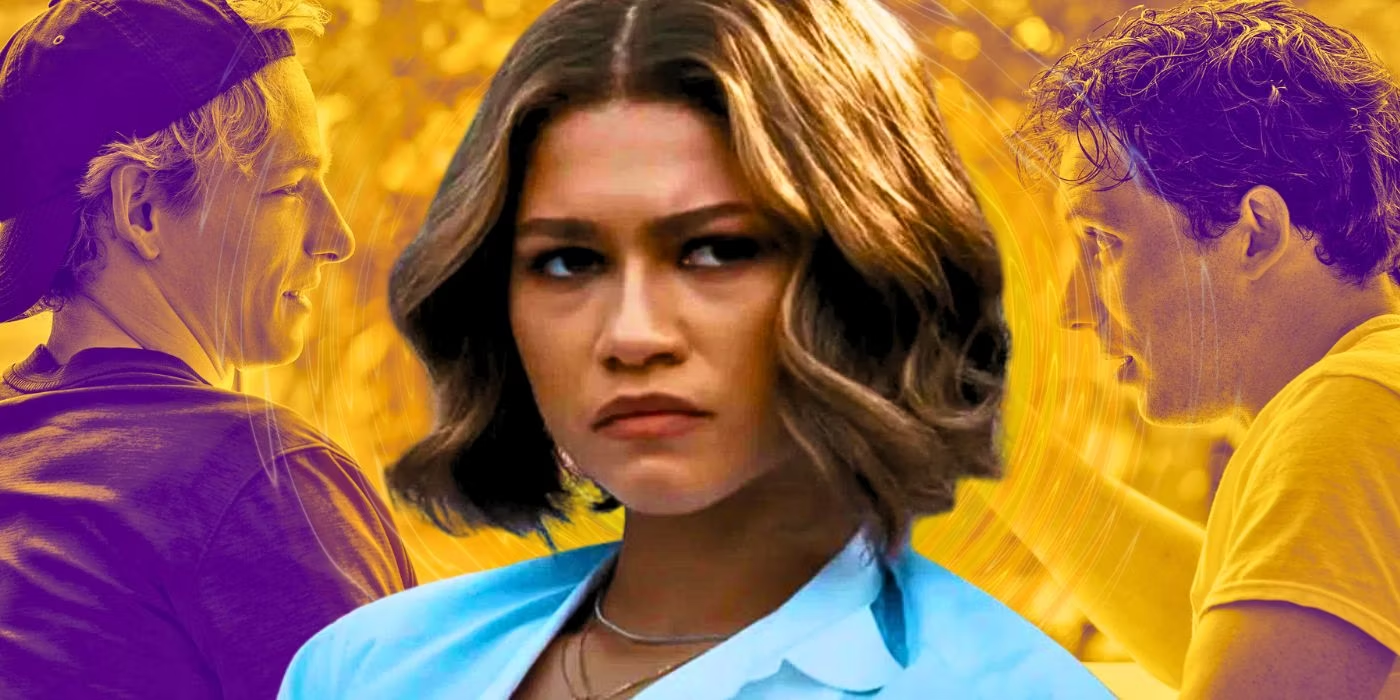I believe Edgar Wright (The Sparks Brothers, Baby Driver) is a music lover, as evidenced by how he so thoroughly integrates music, often of another era, into his pictures. I also believe Wright is fascinated by artifice, constructed personas and discovery. Shaun (of the Dead) discovered his inner zombie-killer and Sergeant Angel (Hot Fuzz) discovered his inner bad ass and the evil that lurks in picturesque small towns. Wright also loves puns.
Wright's subject matter in Last Night in Soho (the double meaning is clearly intentional) is darker than most of his previous films but familiar thematic elements are present. Ellie, a young and ambitious English country girl (Thomasin McKenzie) is accepted into a London fashion school in the Soho district, where she hopes to fulfill both her dream and that of her mother, who died by suicide in London when Ellie was a child. After one sleepless night in the student residence hall, she finds lodging in the home of a elderly woman, Miss Collins, played by Diana Rigg.
Nearly immediately, Ellie begins to have visions of a young woman named Sandy, an early resident of the room (Anya Taylor-Joy), who explores Soho night life in the '60s, looking for work as a singer. Music of the period replaces the noise of the city streets, and Ellie is entranced by what appears to be a glamorous and exciting life, with a charming potential love interest and talent scout (The Crown's Matt Smith).
Wright's camera does astonishing work seamlessly blending the two young women deeper and deeper into Sandy's world as they trade places on the dance floor, in lounge mirrors and, ultimately, in more dangerous encounters with lurking patrons. Wright wraps a clever murder mystery around this spooky tale of the powerless clairvoyant who watches as an ambitious young woman gets devoured by London.
This film's weaknesses take place outside of the narrative's main story -- an unconvincing romance between Ellie and an agreeable classmate John (Michael Ajao) and the animus of a mean-girl quartet of classmates toward Ellie. The movie's big reveal is immediately impactful but will likely raise more questions than it answers after the credits have rolled, not the least being "how was this possible?"











































.jpg)
